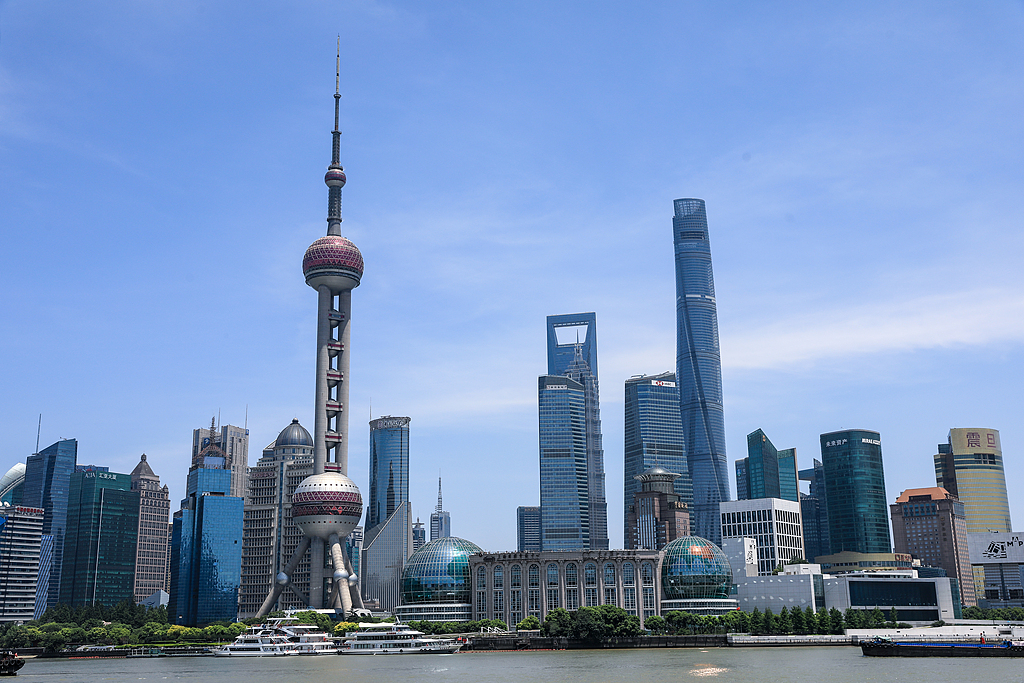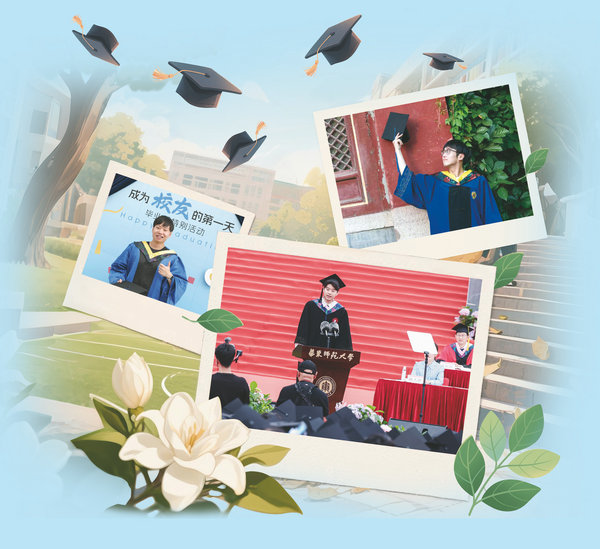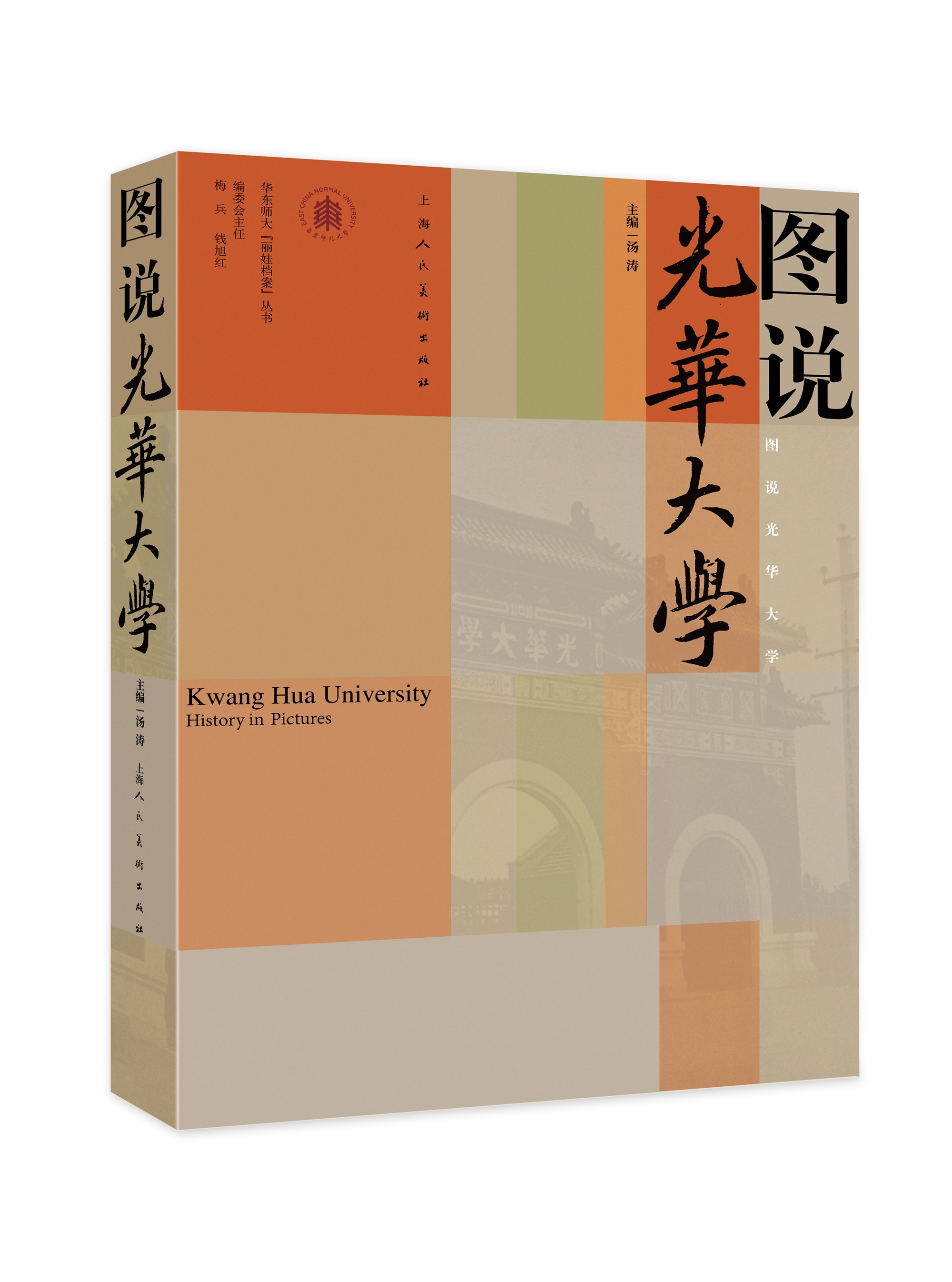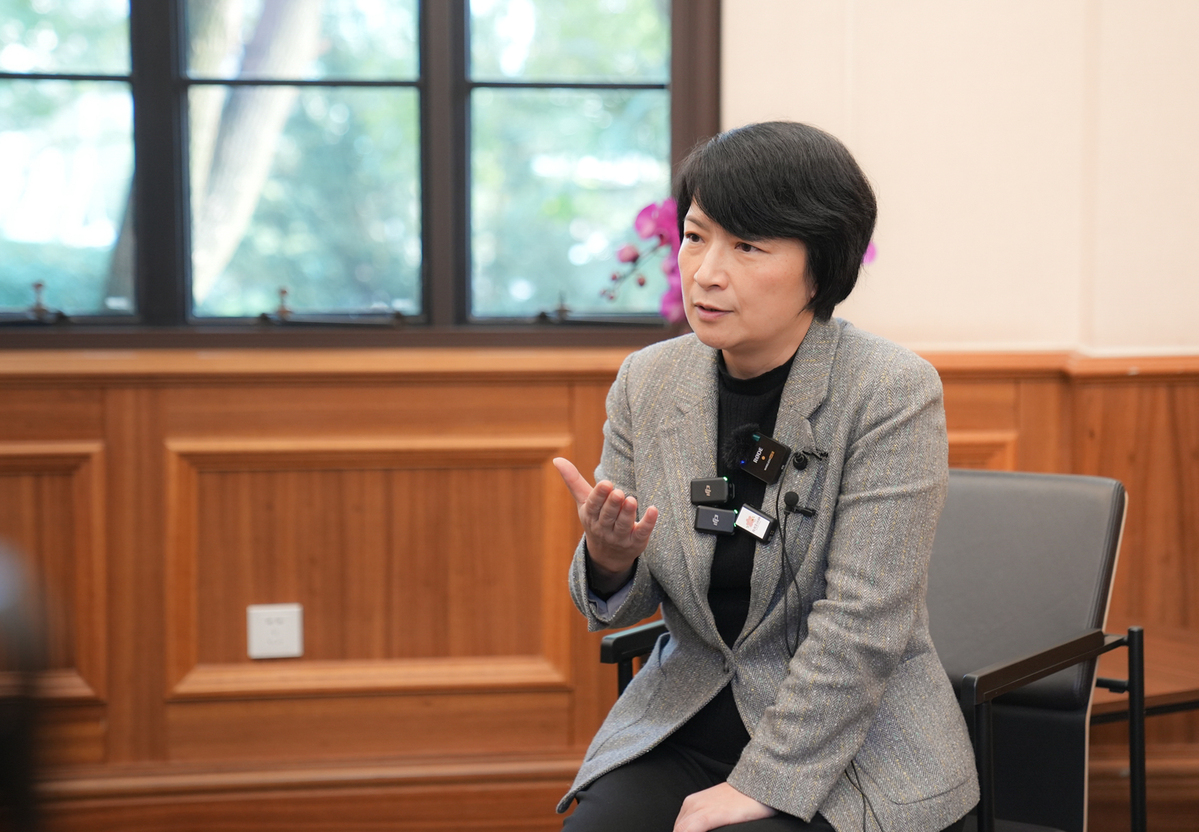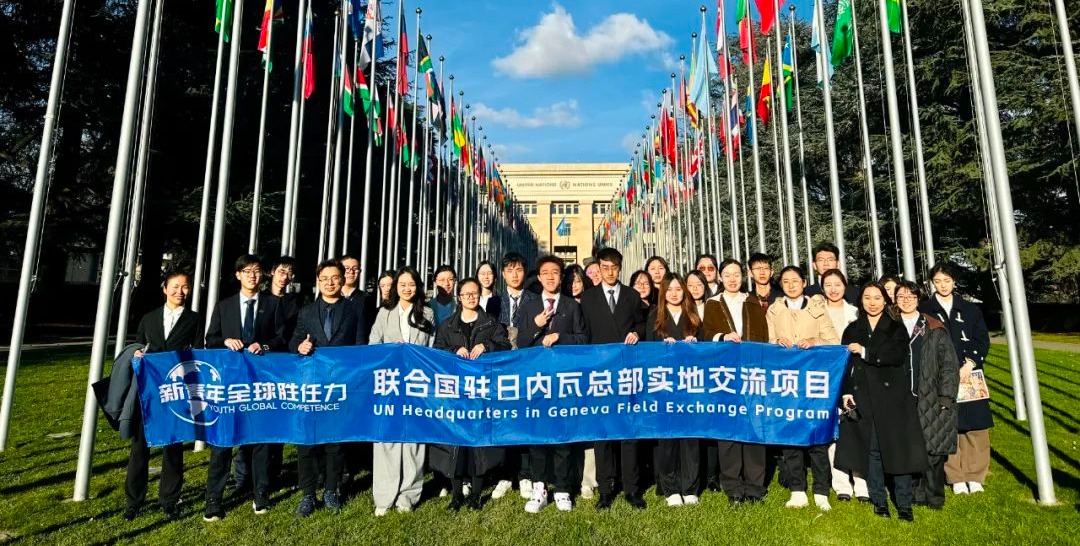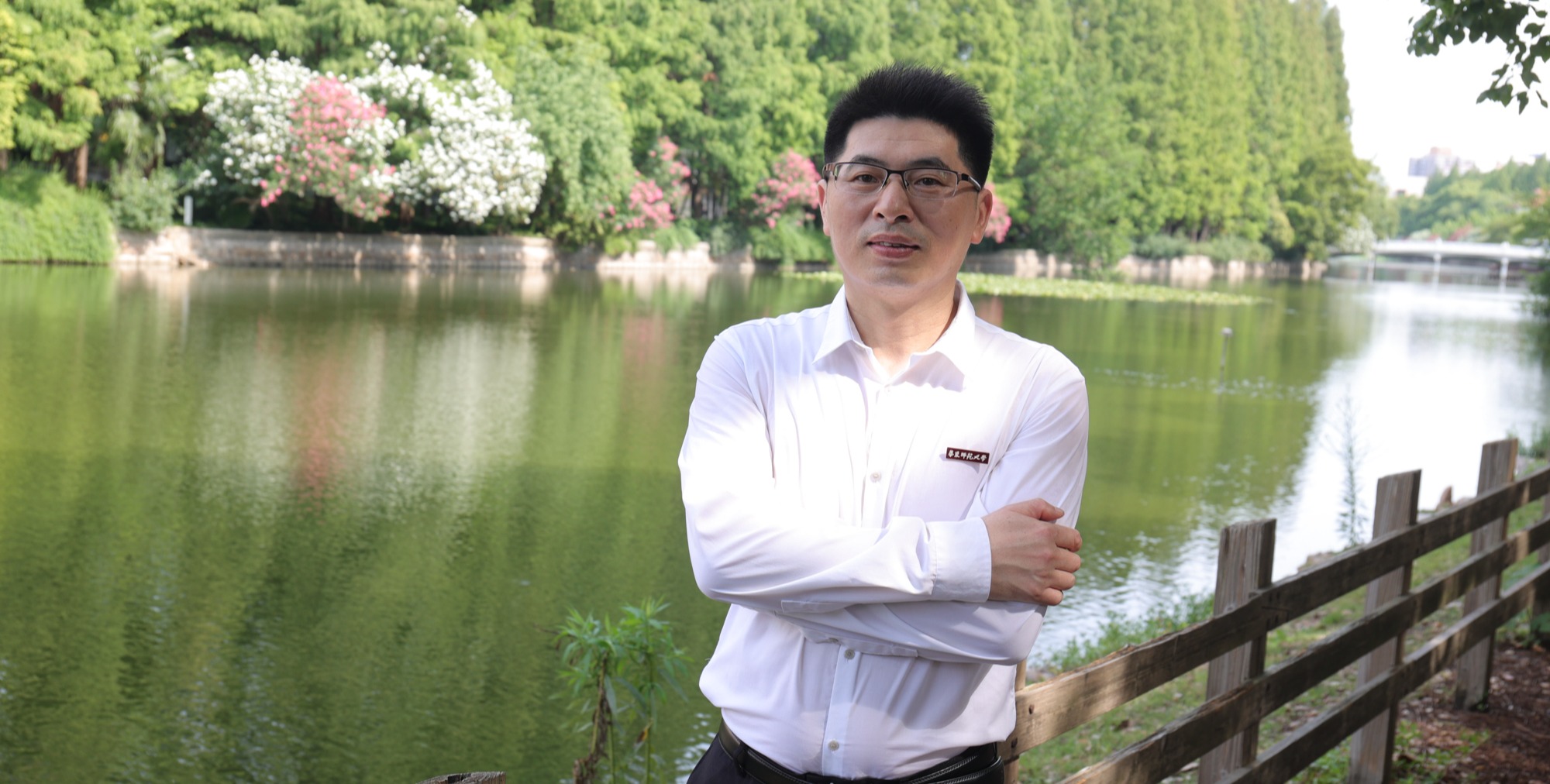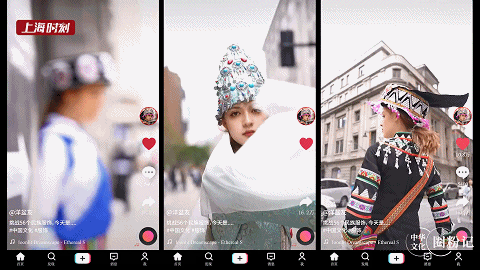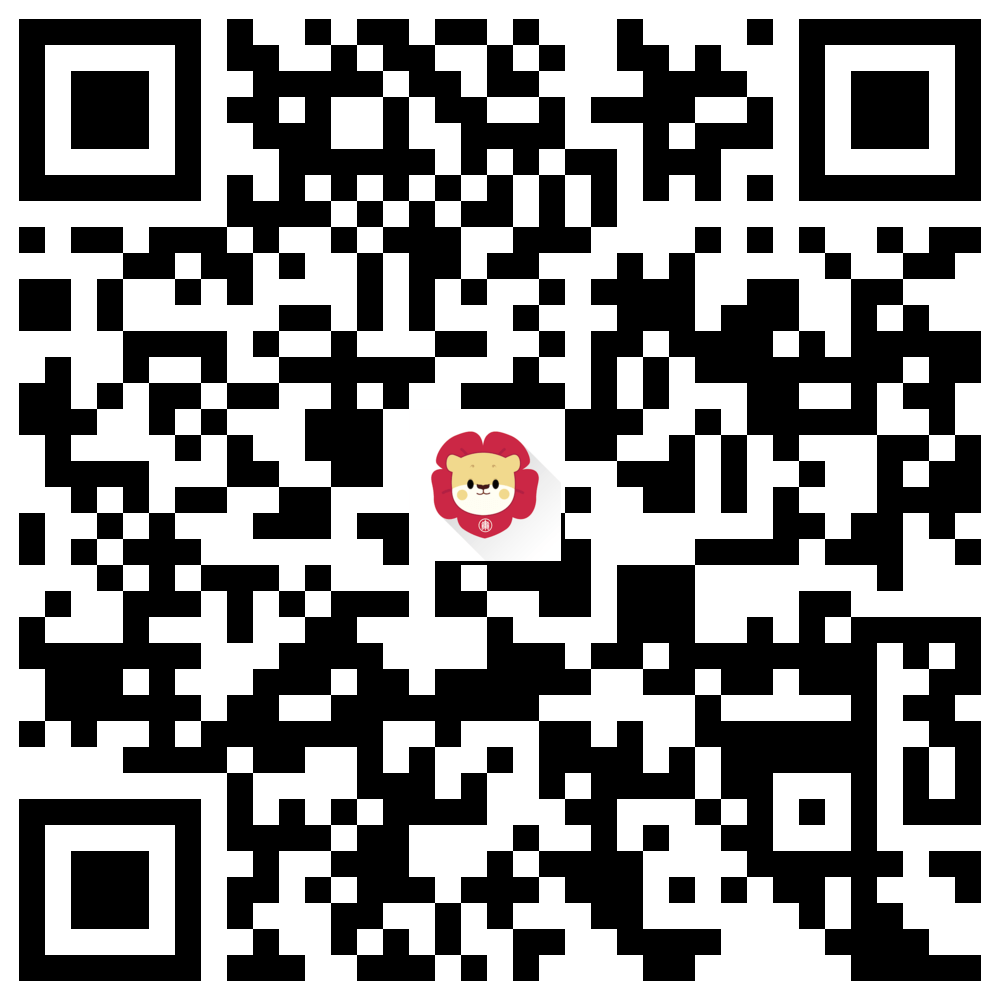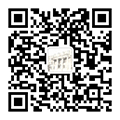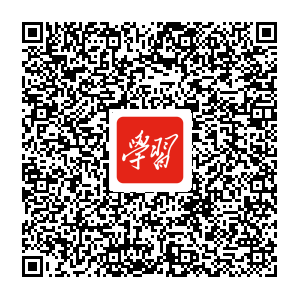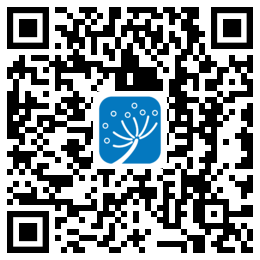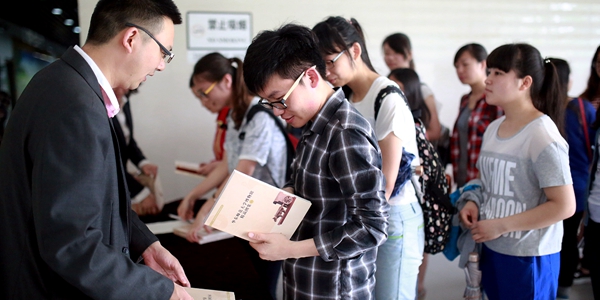
The University holds activities on International Museum Day.
Each year, May 18 is International Museum Day, and this year the theme was,“Museums for a Sustainable Society.”In order to spread the valuable knowledge collected by museums and enrich campus culture, ECNU held an Open Day for its Biological Museum. In addition, the University launched a new book,The Boutique Atlas of the ECNU Museum (I),and donated several copies to students and staff who attended the event.
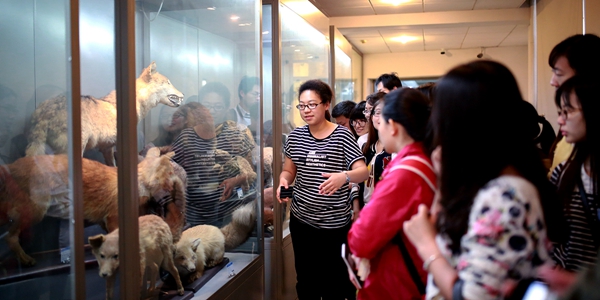
Volunteers present introductions and explanations for various items inECNU Biological Museum.
The Atlas was sponsored by a special fund dedicated to the cultural development of the University. The first volume in a series of books about the ECNU Museum, the Atlas is divided into three parts to shed light on the collections of ancient coins, cultural relics, and biological specimens held in the Museum. For certain collections, it provides additional interpretations and explanations from teachers and museum staff.
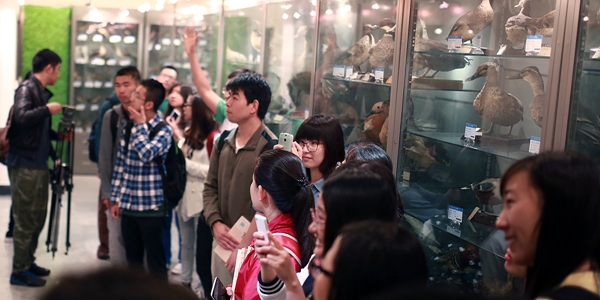
A large crowd of students visit the Biological Museum.
On May 15, a large crowd of students came to visit the Biological Museum and receive their complimentary Atlases. During the sponsored activities, teachers and Museum volunteers presented introductions and explanations for various items in the Museum. Visitors walked away with a clearer understanding of the items in the exhibits, and the purpose of the museum itself.
After finishing their tours, visitors shared their love, advice and appreciation by writing in the museum’s message book. Many students expressed that, prior to this day, they hadn’t realized that the University has more than one museum. Professor Chen Liqiao from the Department of Biology wrote these words in the message book:" It is important to cherish what we have and allocate our resources accordingly. As the first group of university museums in Shanghai to achieve national recognition, ECNU's Biological Museum is is our pride and joy."
A Brief Introduction to ECNU Museums
Museum of Ancient Coins
Founded in 1952, this first part of the museum has collected a large number of ancient coins of all shapes and sizes. It boasts collections that are high-quality as well as complete: visitors can see everything from Cowrie, spade-shaped coins, knife-shaped coins, and round coins during the pre-Qin period, to copper coins, iron coins, silver ingots, and paper money, including ancient coins made for special purposes.
Museum of History
Also founded in 1952, the museum’s second section is made up of a collection of about 5,000 cultural relics, including oracle bone engravings, bronze swords with inscriptions, gold-plated statues, and fragments of scripture from Dunhuang. The oracle bones possessed by ECNU are especially rich in variety and number, and were written into a book compiled by Guo Moruo, a famous writer and expert on oracle bones. In addition, official uniforms from the Ming and Qing dynasties were donated by Huang Guoxiu, the first head of ECNU’s library and a Professor in the Department of History.
Museum of Biology
The third area within the museum, also founded in 1952, contains about 200,000 biological specimens from nearly all walks of life, including animals, plants, and insects. ECNU’s platypus specimen is one of only three in China. In addition, there are more than 100 specimens classified as Category I or II State Specially Protected Animals, including several pandas, golden monkeys, and Chinese sturgeon. Dozens of Model Specimens, which are first named by people, are of great value and interest to researchers and modelers. In 2007, the museum joined a Major Construction Project during the 11th five-year plan of the National Nature and Science Resources E-Platform.
Museum of Shanghai Folk Customs
The fourth and final exhibit in the museum, founded in 2009, is a tribute to folk customs and includes collections of folk handicrafts from all parts of China, South Korea, Thailand, Japan, and Vietnam, among other regions. Containing works that were crafted using traditional methods unique to each set of customs, the collections displayed in this museum boast a unique cultural value.
In the future, ECNU plans to open a Geography Museum, which is currently under construction and will be soon opened to the public.
